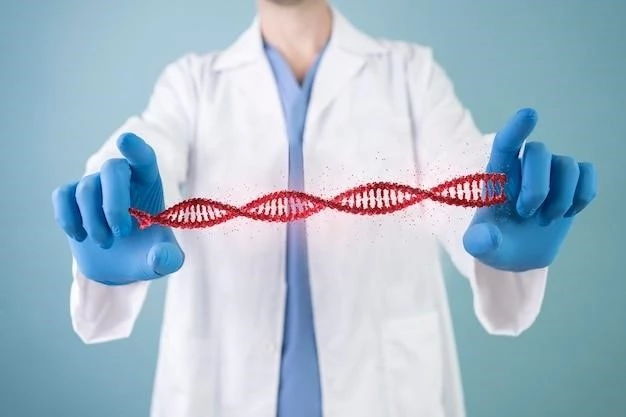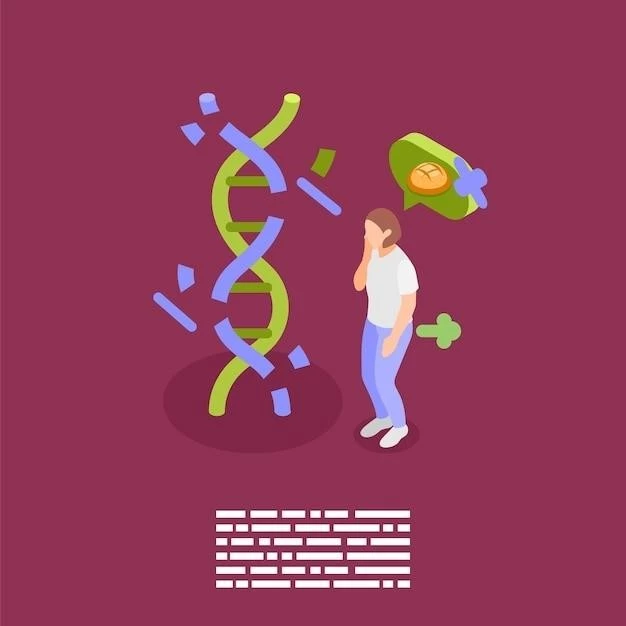Symptoms of Chromosome 1 Monosomy
Individuals with Monosomy 1p31 p22 may experience a range of physical, developmental, and intellectual symptoms.
Physical Symptoms
Physical symptoms of Chromosome 1 Monosomy may include facial abnormalities, low muscle tone, growth retardation, abnormalities in the heart and kidneys, and skeletal anomalies. Individuals may also present with feeding difficulties, vision or hearing impairments, and other physical challenges that require comprehensive medical evaluation and management.
Developmental Delays
Developmental delays associated with Chromosome 1 Monosomy may manifest as delays in reaching milestones such as sitting, crawling, walking, and speech. Cognitive development may also be affected, leading to challenges in learning, problem-solving, and social interactions. Early intervention therapies and specialized educational programs are crucial in addressing these delays and supporting optimal development.
Intellectual Impairments
Intellectual impairments in individuals with Chromosome 1 Monosomy may range from mild to severe, impacting cognitive abilities, memory, attention span, and overall intellectual functioning. These impairments can affect academic achievement, daily functioning, and independence. Individualized educational support, cognitive therapies, and behavioral interventions play a key role in addressing intellectual challenges and promoting the individual’s cognitive development and quality of life.
Genetic Causes of Monosomy 1p31 p22
Monosomy 1p31 p22 is primarily caused by the deletion of a segment on chromosome 1, leading to genetic imbalance.
Deletion of Chromosome Segment
The genetic cause of Monosomy 1p31 p22 is attributed to the loss of a specific segment of chromosome 1. This deletion results in the absence of critical genetic material within the affected region, leading to the characteristic symptoms and challenges associated with this chromosomal abnormality.
Impact on Gene Expression
The deletion of the chromosome segment in Monosomy 1p31 p22 has a significant impact on gene expression٫ disrupting the normal functioning of genes within that region. Altered gene expression patterns can lead to the manifestation of physical٫ developmental٫ and intellectual symptoms observed in individuals with this chromosomal abnormality.
Parental Transmission
Parental transmission of Monosomy 1p31 p22 is rare, as it typically arises as a de novo (new) genetic mutation in the affected individual rather than being inherited from a parent. However, in cases where a parent carries a balanced chromosomal rearrangement, there may be a small risk of transmitting this chromosomal abnormality to offspring.
Treatment Options for Monosomy 1p31 p22
Management strategies focus on early interventions, medical symptom control, and genetic counseling.
Early Intervention Therapies
Early intervention therapies for Monosomy 1p31 p22 aim to address developmental delays and promote skills acquisition. These therapies may include speech therapy, physical therapy, occupational therapy, and behavioral interventions. Starting interventions as early as possible plays a crucial role in maximizing the individual’s potential for development and improving overall quality of life.
Medical Management of Symptoms
Medical management strategies for Monosomy 1p31 p22 focus on addressing specific physical and health-related symptoms. This may involve a multidisciplinary approach with specialists such as cardiologists, nephrologists, and ophthalmologists to monitor and manage heart defects, kidney abnormalities, vision impairments, and other associated medical issues. Regular screenings and individualized care plans are essential for optimal health outcomes.
Genetic Counseling
Genetic counseling is essential for individuals and families affected by Monosomy 1p31 p22. Counselors provide information about the genetic condition, inheritance risks, available testing options, and supportive resources. They can help families make informed decisions regarding family planning, understand the implications of genetic test results, and access appropriate medical and community support services.

Diagnosis of Chromosome 1 Monosomy
Diagnosing Monosomy 1p31 p22 involves genetic testing, identification of deletions, and molecular confirmation.
Genetic Testing Procedures
Genetic testing for Monosomy 1p31 p22 involves chromosomal analysis, microarray analysis, or fluorescence in situ hybridization (FISH). These tests help identify chromosomal abnormalities, deletions, and gene mutations associated with the condition. Genetic testing is essential for a definitive diagnosis, understanding inheritance risks, and guiding medical management and genetic counseling.
Identification of Deletions
The identification of deletions in Monosomy 1p31 p22 is crucial for diagnosing the condition. Through genetic testing techniques like chromosomal microarray analysis or FISH, specific deletions within chromosome 1 can be identified. Understanding the exact genetic deletions present can provide valuable insights into the genetic basis of the disorder and guide personalized treatment and management strategies for affected individuals.
Confirmation through Molecular Techniques
Confirmation of Monosomy 1p31 p22 through molecular techniques such as polymerase chain reaction (PCR) or sequencing methods provides detailed insights into the genetic makeup of the individual. Molecular confirmation helps verify the presence of specific gene deletions or mutations associated with the chromosomal abnormality, ensuring an accurate diagnosis and enabling targeted medical interventions and genetic counseling based on the individual’s unique genetic profile.
Research Advances in Monosomy 1p31 p22
Recent studies focus on identifying new genes, therapeutic approaches, and genetic mechanisms.
Identification of New Genes
Current research in Monosomy 1p31 p22 focuses on identifying new genes within the affected chromosomal region. Through advanced genomic sequencing and bioinformatics analyses٫ researchers aim to pinpoint specific genes that play crucial roles in the development of symptoms associated with this chromosomal disorder. Understanding these new genes is essential for elucidating the underlying molecular mechanisms of the condition and exploring potential targeted therapeutic interventions in the future.
Therapeutic Approaches
Ongoing research in Monosomy 1p31 p22 is exploring novel therapeutic approaches to manage symptoms and improve quality of life for affected individuals. Potential therapeutic strategies may target specific gene pathways, address developmental delays, or enhance cognitive abilities. Clinical trials and preclinical studies aim to evaluate the safety and efficacy of these innovative therapies, offering hope for better outcomes and personalized treatment plans for individuals with this genetic condition.
Studies on Genetic Mechanisms
Research in Monosomy 1p31 p22 includes in-depth studies on genetic mechanisms underlying the condition. Scientists investigate how specific gene deletions impact cellular functions, signaling pathways, and developmental processes. By unraveling these genetic intricacies, researchers aim to uncover the molecular basis of the disorder, identify potential therapeutic targets, and enhance our understanding of the complex genetic interactions involved in Monosomy 1p31 p22.
Prognosis for Individuals with Monosomy 1p31 p22
Prognosis varies depending on symptom severity, early interventions, and individualized care.
Long-Term Health Outcomes
Long-term health outcomes in individuals with Monosomy 1p31 p22 are influenced by regular medical monitoring, early interventions, and comprehensive care plans. Monitoring for potential health complications, addressing developmental needs, and providing ongoing support can positively impact the individual’s overall health and well-being over the long term. Collaboration among healthcare professionals, families, and support services is essential for optimizing long-term health outcomes and quality of life for individuals with this chromosomal abnormality.
Quality of Life Considerations
Ensuring optimal quality of life for individuals with Monosomy 1p31 p22 involves addressing physical, developmental, and social needs. Providing access to educational support, therapeutic interventions, and community resources can enhance independence and well-being. Tailoring care plans to individual strengths and challenges, promoting social inclusion, and fostering a supportive environment are key considerations for improving the quality of life of individuals affected by this genetic condition.
Monitoring and Management Strategies
Effective monitoring and management strategies for Monosomy 1p31 p22 involve regular health assessments٫ developmental evaluations٫ and personalized interventions. Healthcare teams collaborate to address medical needs٫ track developmental progress٫ and adapt treatment plans as needed. By implementing a proactive approach to monitoring and management٫ clinicians can optimize outcomes٫ provide timely interventions٫ and enhance the overall well-being and quality of life of individuals living with this chromosomal abnormality.
Support Resources for Monosomy 1p31 p22
Guidance is available through genetic counseling, advocacy groups, and online communities.
Genetic Counseling Services
Genetic counseling services provide families with information, support, and guidance on Monosomy 1p31 p22. Experienced counselors offer insights into the condition, inheritance risks, and available testing options. Counseling sessions can assist families in making informed decisions, facilitating access to valuable resources, and providing emotional support throughout the journey of managing a genetic disorder.
Patient Advocacy Groups
Patient advocacy groups offer valuable support and resources for individuals and families affected by Monosomy 1p31 p22. These groups advocate for awareness, research, and access to care, while also providing a platform for individuals to connect with others facing similar challenges. By fostering community, sharing information, and advocating for improved services, patient advocacy groups play a crucial role in empowering those impacted by rare genetic conditions like Monosomy 1p31 p22.
Online Support Communities
Online support communities provide a platform for individuals and families affected by Monosomy 1p31 p22 to connect, share experiences, and access valuable information. These communities offer emotional support, practical advice, and a sense of belonging to those navigating the challenges of a rare genetic condition. By fostering connections, promoting understanding, and sharing resources, online support communities create a supportive environment for individuals to seek guidance and solidarity in their journey.
